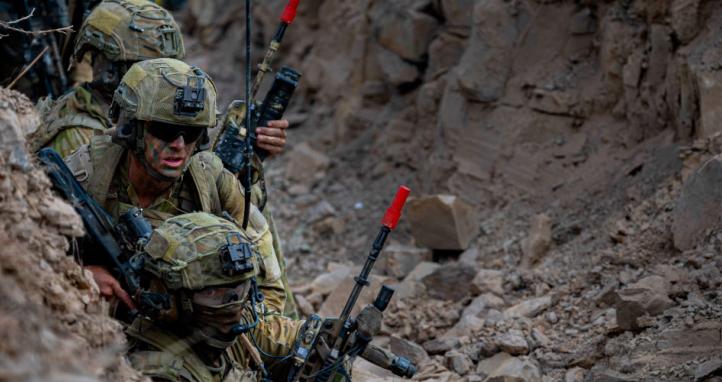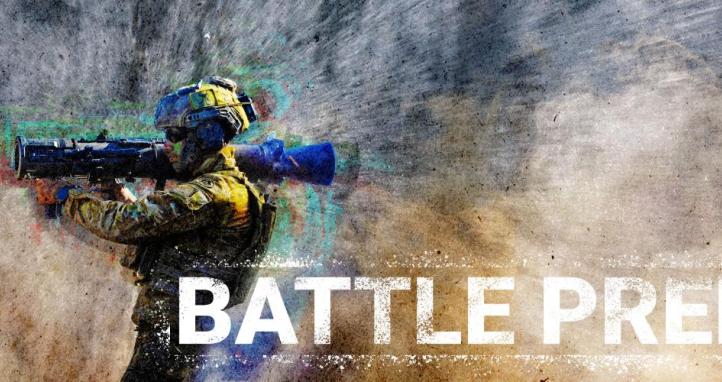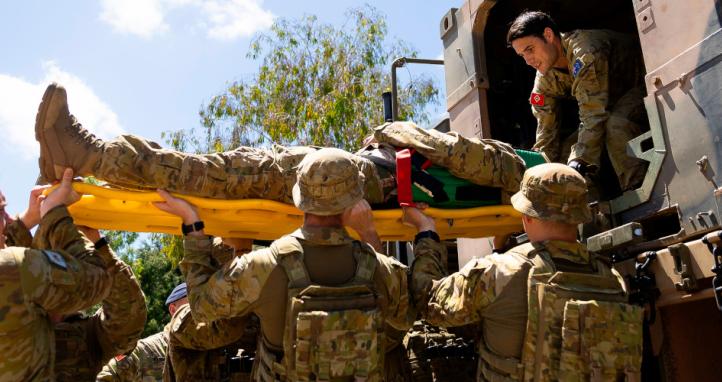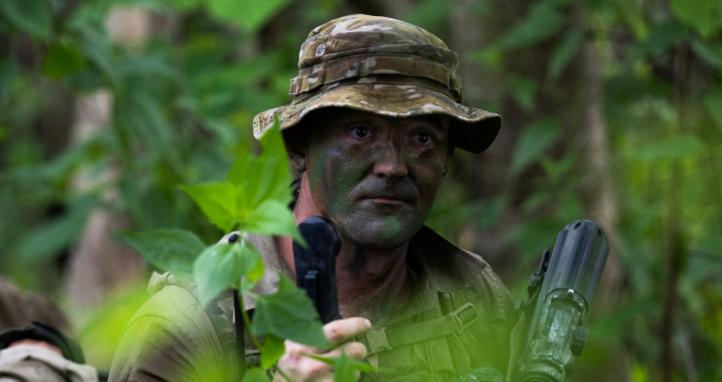This article by Theo Farrell via the Journal of Strategic Studies asks the question, ‘How do militaries improve operational performance in war?’ It suggests that improvements may involve major organisational change, but that we shouldn’t rush to that conclusion. Improvement may also be achieved with only minor changes to how militaries operate, or no change at all. The key then, is that improving military operational performance is likely only to involve a more robust implementation of existing organisational routines.
The author develops a theory of military adaptation, which he applies to an analysis of the British campaign in Helmand between 2006 to 2009. He draws on a wealth of military plans, post operation reports and interviews to show how British Army Brigades adapted during this period. He suggests the, 'Brigades adapted different ways of using combat power to try and defeat the Taliban from 2006–07, and then from late 2007, British brigades adopted a new population-centric approach that was focused more towards influence operations and non-kinetic activities through establishing an enduring presence and on developing civil-military partnerships.'
Read the article and review the evidence presented by the author. Do you agree that the British Army adapted their approach in Helmand Province and that this resulted in improved level of operational performance and output?









